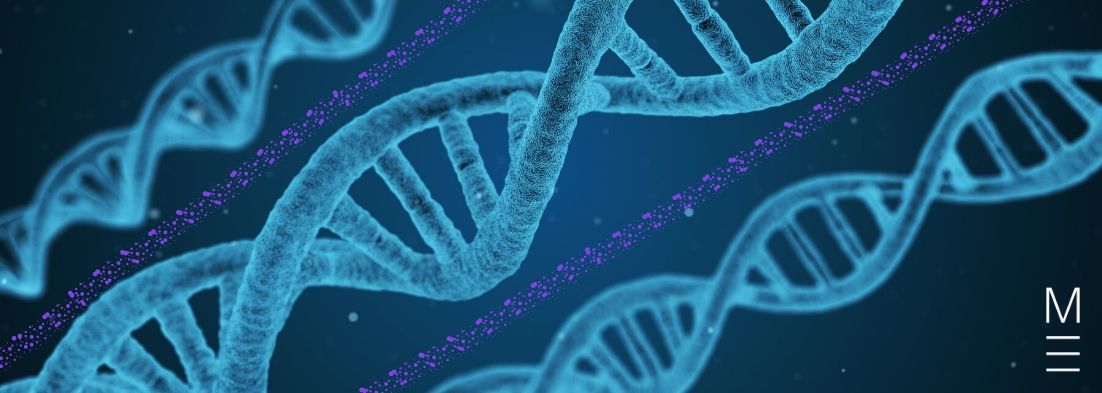Welcome to Matrix Education
To ensure we are showing you the most relevant content, please select your location below.
Select a year to see courses
Learn online or on-campus during the term or school holidays
Learn online or on-campus during the term or school holidays
Learn online or on-campus during the term or school holidays
Learn online or on-campus during the term or school holidays
Learn online or on-campus during the term or school holidays
Learn online or on-campus during the term or school holidays
Learn online or on-campus during the term or school holidays
Get HSC Trial exam ready in just a week
Get HSC exam ready in just a week
Select a year to see available courses
Science guides to help you get ahead
Science guides to help you get ahead

Need help wrapping your head around Year 11 Biology? In the Beginner’s Guide to Year 11 Biology, we give you the rundown on how to study the four Modules in Year 11.
Biology involves the study of living organisms and their organisation levels, as shown below. During year 11 you will learn about the structure and function of organisms as well as develop an understanding of the Earth’s biodiversity and the effect of evolution. You will need to be able to develop hypotheses, as well as design and evaluate experiments.
Year 11 biology establishes the foundation that year 12 will build upon. Some questions in the final HSC exam will directly relate to what you learned in Year 11!
This handy guide gives you a summary of some of the key concepts you will learn in order to prepare yourself for the term ahead.
 | Atom | |
 | Molecule | Term 1: Cells as the Basis of Life |
 | Cell | |
 | Tissue | Term 2: Organisation of Living Things |
 | Organ | |
 | Body System | |
 | Organism | |
 | Population | Term 3: Biological Diversity Term 4: Ecosystem Dynamics |
 | Community | |
 | Ecosystem |
In this guide we will look at the following modules and topics:
In exams, you will be answering multiple choice and long answer questions that test your knowledge of the subject, but there will also be questions that cover multiple parts of the syllabus or ask you to apply your knowledge to a new scenario.
‘Working scientifically’ skills will also be assessed. You may be asked to do research on a particular area or do an experiment in class under exam conditions.
You need to be able to construct and interpret graphs and recognise good experimental design. A depth study will be required. This is sometimes given as an assignment where the student looks in more depth at a specific topic (e.g. punctuated equilibrium) and may involve presentations, research, fieldwork, experiments or collecting data.
Many students do not realise they will need to apply their understanding of year 11 concepts to year 12 (e.g. evolution or organelles).
They do not put enough effort into year 11 and start year 12 without a good foundation.
© Matrix Education and www.matrix.edu.au, 2025. Unauthorised use and/or duplication of this material without express and written permission from this site’s author and/or owner is strictly prohibited. Excerpts and links may be used, provided that full and clear credit is given to Matrix Education and www.matrix.edu.au with appropriate and specific direction to the original content.